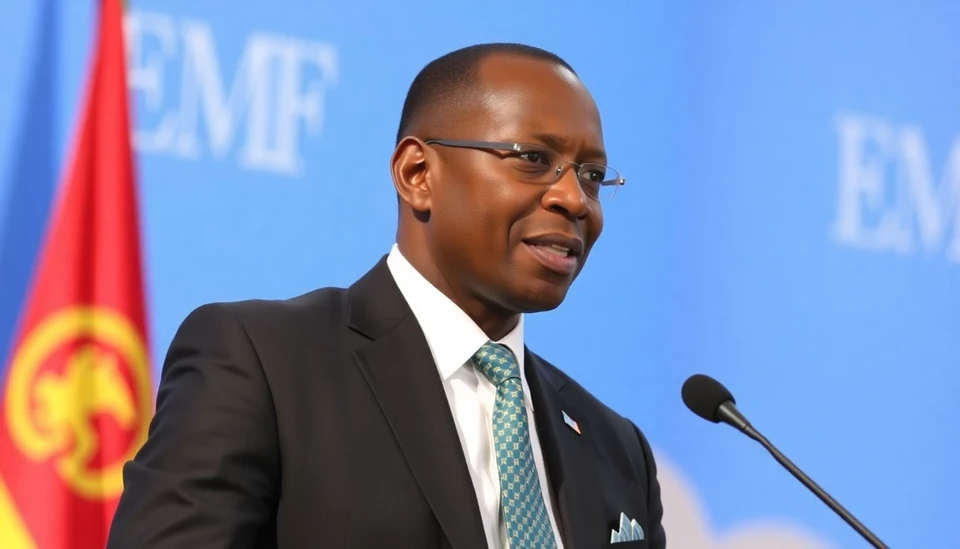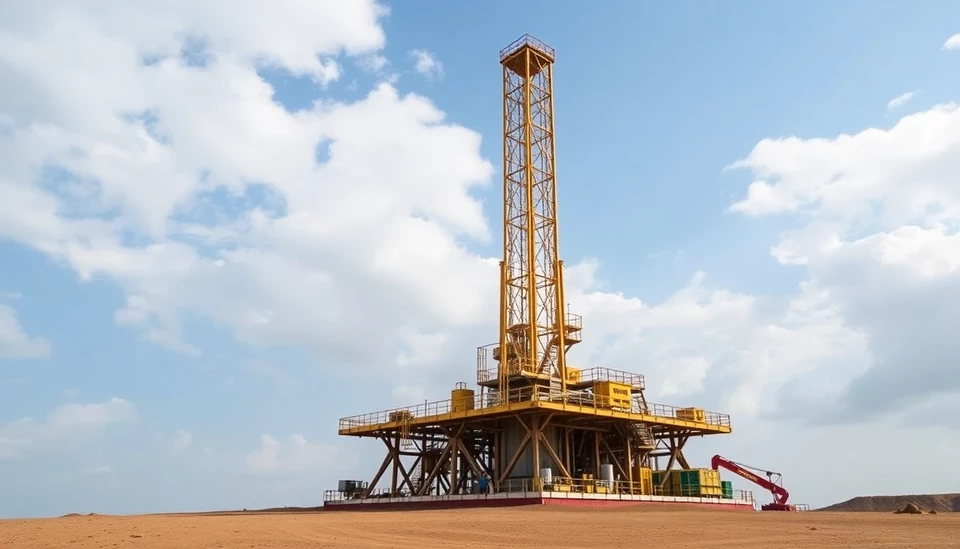
In a strategic pivot towards international financial assistance, the Angolan government has announced it is exploring various options for engaging with the International Monetary Fund (IMF) to secure a lending program. This move comes as the nation grapples with the effects of an economic downturn, driven by fluctuations in oil prices, ongoing fiscal challenges, and the need for sustainable development strategies.
Angola, rich in natural resources, has long depended on oil exports for its revenue. However, recent global economic instability and drops in oil prices have pressured its financial health, prompting officials to seek innovative solutions. Manuel Municipal, Angola's Minister of Finance, stated in a press conference that the government is undertaking a comprehensive analysis of potential IMF assistance programs tailored to its national recovery plan.
The IMF, an institution that provides financial support and expert advice to its member countries, has been seen as a potential lifeline amid Angola’s fiscal struggles. Over the past few years, the organization has been increasingly involved in supporting countries facing economic hardships, offering not just funding but also technical assistance in reforming economic policies.
Municipal emphasized that the engagement with the IMF would be focused on crafting a program that aligns with Angola’s broader socio-economic agenda. He stressed the importance of fostering a robust macroeconomic framework while addressing the pressing needs of the impoverished population, suggesting that any potential deal would aim to go beyond mere financial relief.
The announcement also signals Angola’s pledge to improve transparency and governance within its financial sector, aiming to build investor confidence and stabilize the economy. By moving towards a leverage-friendly agreement with the IMF, the government hopes to implement necessary reforms and initiate projects aimed at economic diversification, reducing the nation’s dependency on oil revenues.
Furthermore, experts believe that the timing of reaching out to the IMF is crucial, given the looming possibility of a global recession which may impact oil-dependent economies harshly. The Angolan Finance Minister is hopeful that this engagement will not only secure the immediate financial needs but also lay a strong foundation for future economic resilience and growth.
As Angola's leadership prepares to navigate the complexities of IMF negotiations, the economic landscape remains closely watched by investors and analysts. The key now lies in establishing a commitment to reform and ensuring that any support from the IMF translates into tangible benefits for the Angolan people.
In conclusion, Angola's proactive approach to exploring IMF lending options illustrates its urgency to safeguard its economy against further volatility while promoting the long-term vision for sustainable development. As the situation continues to develop, stakeholders across various sectors remain cautiously optimistic about the potential outcomes of these negotiations.
#Angola #IMF #EconomicRecovery #Finance #GlobalEconomy #OilIndustry #SustainableDevelopment
Author: Laura Mitchell




